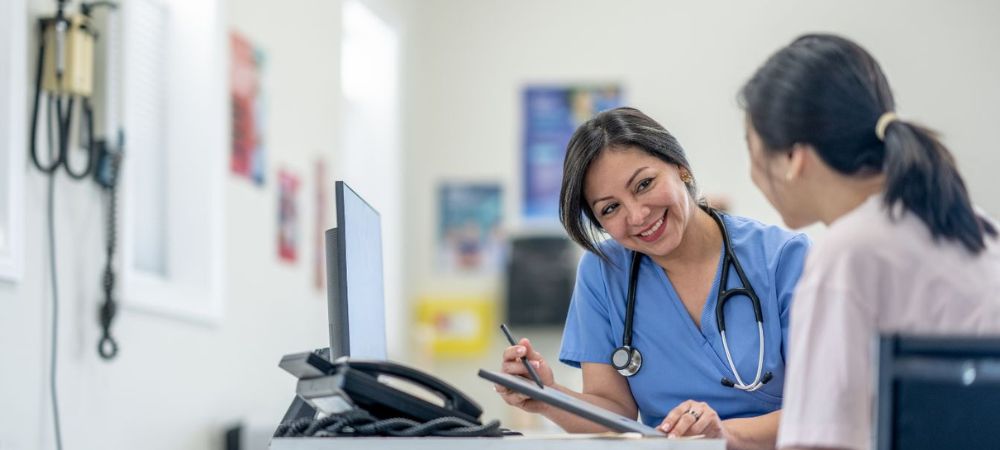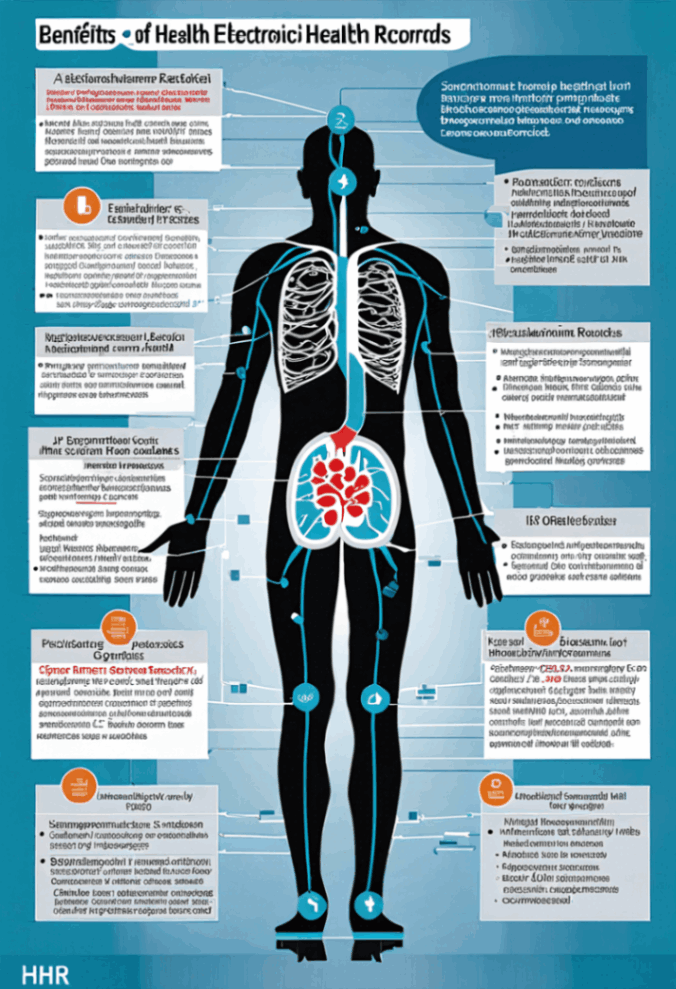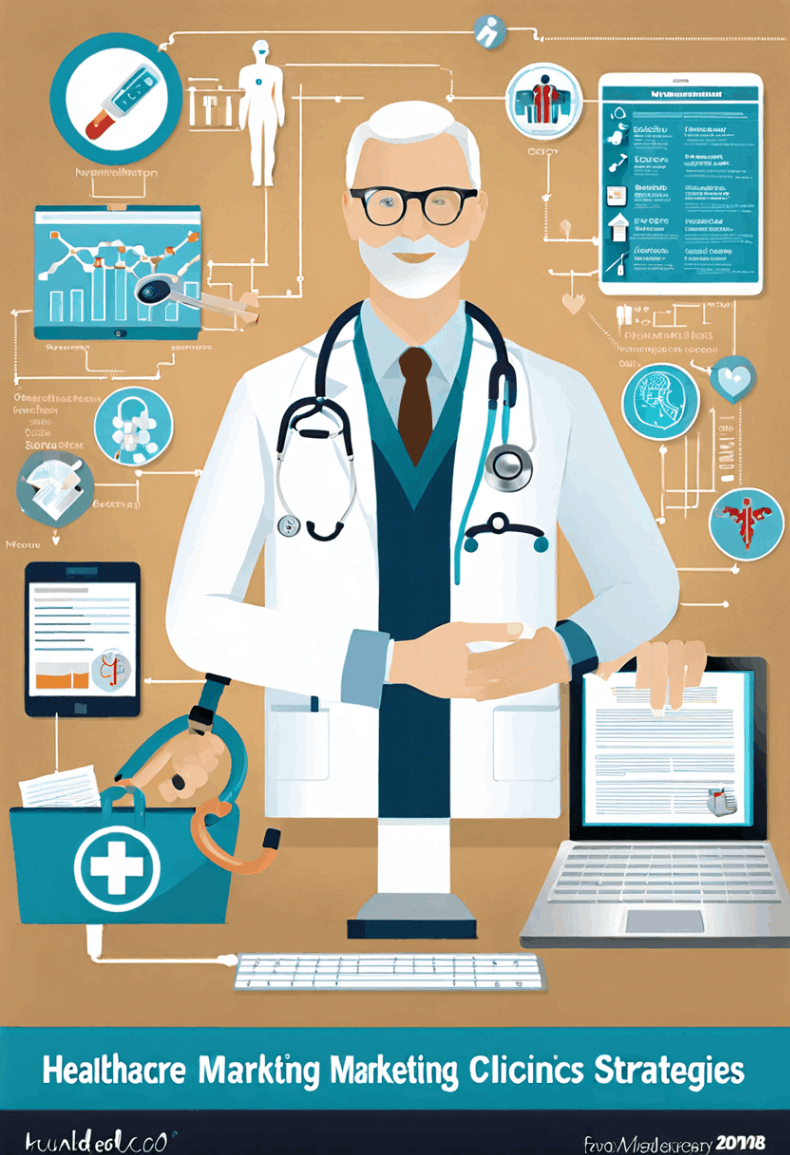

When planning a trip to different countries, it's important to consider the common travel vaccines recommended based on your destination. Not getting vaccinated can put you at risk for serious illnesses and diseases. For example, if you're going to a tropical location like Thailand or Brazil, it's crucial to get vaccinated against yellow fever and typhoid. Don't forget about hepatitis A and B vaccines as well.
Gain access to additional details visit right now.
But hey, don't worry! To find out more click on it. Getting travel vaccines doesn't have to be a hassle. Just make an appointment with your doctor or a travel clinic before your trip, and they'll help you figure out which vaccines are necessary for your destination. And remember, it's better to be safe than sorry when it comes to protecting yourself from potential health risks while traveling.
So next time you're planning a trip abroad, make sure to research the recommended travel vaccines for your destination. Your health and well-being are worth the effort!
Getting vaccinated before traveling can be really important. It helps protect you from getting sick while you're away from home. You don't want to ruin your trip by catching a preventable illness! Plus, it can also help prevent the spread of diseases in the places you visit.
If you don't get vaccinated, you might end up spending more time feeling unwell and missing out on all the fun activities you wanted to do. Nobody wants that, right? And let's not forget about the potential cost of medical treatment if you do get sick abroad. Trust me, it's not cheap!
So, why take the risk when getting vaccinated is such an easy and effective way to stay healthy on your travels? It's better to be safe than sorry! For additional information check that. Make sure to check with your doctor or travel clinic to see which vaccinations are recommended for your destination. Don't wait until the last minute - get vaccinated before you go!
The World Health And Wellness Organization ( THAT) was developed on April 7, 1948, a day we currently commemorate every year as Globe Wellness Day.
Geriatric medication is a swiftly growing field as a result of aging populations worldwide, concentrating on complex demands and illness widespread in the senior.
The field of sports medicine acquired prestige in the late 20th century as the value of physical activity became much more identified for its health benefits and the demand to treat and stop related injuries raised.
Emergency medication, as a distinctive specialized, established in the 1960s in action to the raising complexity of acute treatment and the need for quick, decisive action.
When talkin' 'bout preventive care, one important thing to consider is the role in early detection and treatment of diseases.. Preventive care helps catch any potential health issues before they become serious problems, which can save money and improve overall well-being.

Posted by on 2024-05-26
Establishing a relationship with a primary care provider is so important for getting regular preventive care.. Having a doctor who knows your medical history and can track any changes in your health over time can help catch potential problems early.

Posted by on 2024-05-26
Preventive care includes regular check-ups, screenings, and vaccinations that help keep you healthy and catch any potential issues early on.. The cost-saving benefits of preventive care are huge compared to treating illnesses later on.

Posted by on 2024-05-26
Hey there! Let's talk about the risks of not getting vaccinated before traveling. It's super important to protect yourself and others by getting vaccinated against diseases that you might encounter while on your trip.
Not getting vaccinated can put you at risk of contracting serious illnesses such as yellow fever, malaria, or hepatitis. These diseases can really ruin your vacation and even lead to long-term health problems. And don't forget about spreading these diseases to others when you return home!
I mean, who wants to spend their holiday sick in bed or dealing with a preventable illness? It's just not worth it, right?
So do yourself a favor and make sure you're up-to-date on all your travel vaccinations before hitting the road. Your health and the health of those around you are too important to ignore. Stay safe out there!


So, let's talk about getting vaccinated before you jet off on your next adventure. It's super important to make sure you're up-to-date on all your shots before traveling to different countries. You don't want to catch any nasty diseases while you're exploring new places, right?
The vaccination schedule and timing can vary depending on where you're going and what kind of activities you'll be doing. Some vaccines need to be given a few weeks before departure, so it's best to plan ahead and not leave it until the last minute.
Don't worry though, getting vaccinated doesn't have to be a big hassle. Just check with your doctor or a travel clinic to see what shots you need and when you should get them. They'll be able to give you all the information you need to stay safe and healthy while traveling.
And remember, even if it seems like a pain at the time, getting vaccinated is always better than getting sick later on. So do yourself a favor and make sure you're protected before heading out on your next journey!
When traveling to different countries, getting vaccinations is important to protect yourself from potential diseases. While some people may experience side effects from these vaccines, it's crucial to know how to manage them.
One potential side effect of travel vaccinations is soreness at the injection site. This can be uncomfortable, but applying a cold compress can help alleviate the pain. Another common side effect is fatigue or mild fever, which can be managed by getting plenty of rest and staying hydrated.
It's also possible to experience nausea or headache after receiving travel vaccinations. Taking over-the-counter medication can help relieve these symptoms. However, if you experience severe side effects such as allergic reactions or difficulty breathing, seek medical attention immediately.
Overall, while there are potential side effects of travel vaccinations, they are usually mild and manageable. By being prepared and knowing how to handle any discomfort that may arise, you can ensure a safe and healthy trip abroad.


When it comes to getting travel vaccinations, it's really important to consult with a healthcare provider or travel medicine specialist for personalized advice. Not doing so can put you at risk of getting sick while you're traveling. I mean, nobody wants to ruin their trip because they didn't get the right vaccines, right? That's why it's key to seek out expert advice before jetting off on your travels.
By consulting with a healthcare professional, they can assess your individual needs and recommend the appropriate vaccinations for your specific destination. They'll take into account factors like your medical history, any preexisting conditions, and the type of activities you'll be doing during your trip. This way, you can ensure that you're fully protected against any potential health risks while abroad.
Sure, it might seem like a hassle to schedule an appointment and go through the process of getting vaccinated, but trust me – it's worth it in the long run. The last thing you want is to come back from your dream vacation feeling under the weather because you didn't take the necessary precautions.
So next time you're planning a trip overseas, make sure to reach out to a healthcare provider or travel medicine specialist for personalized advice on travel vaccinations. Your health and well-being are definitely worth it!